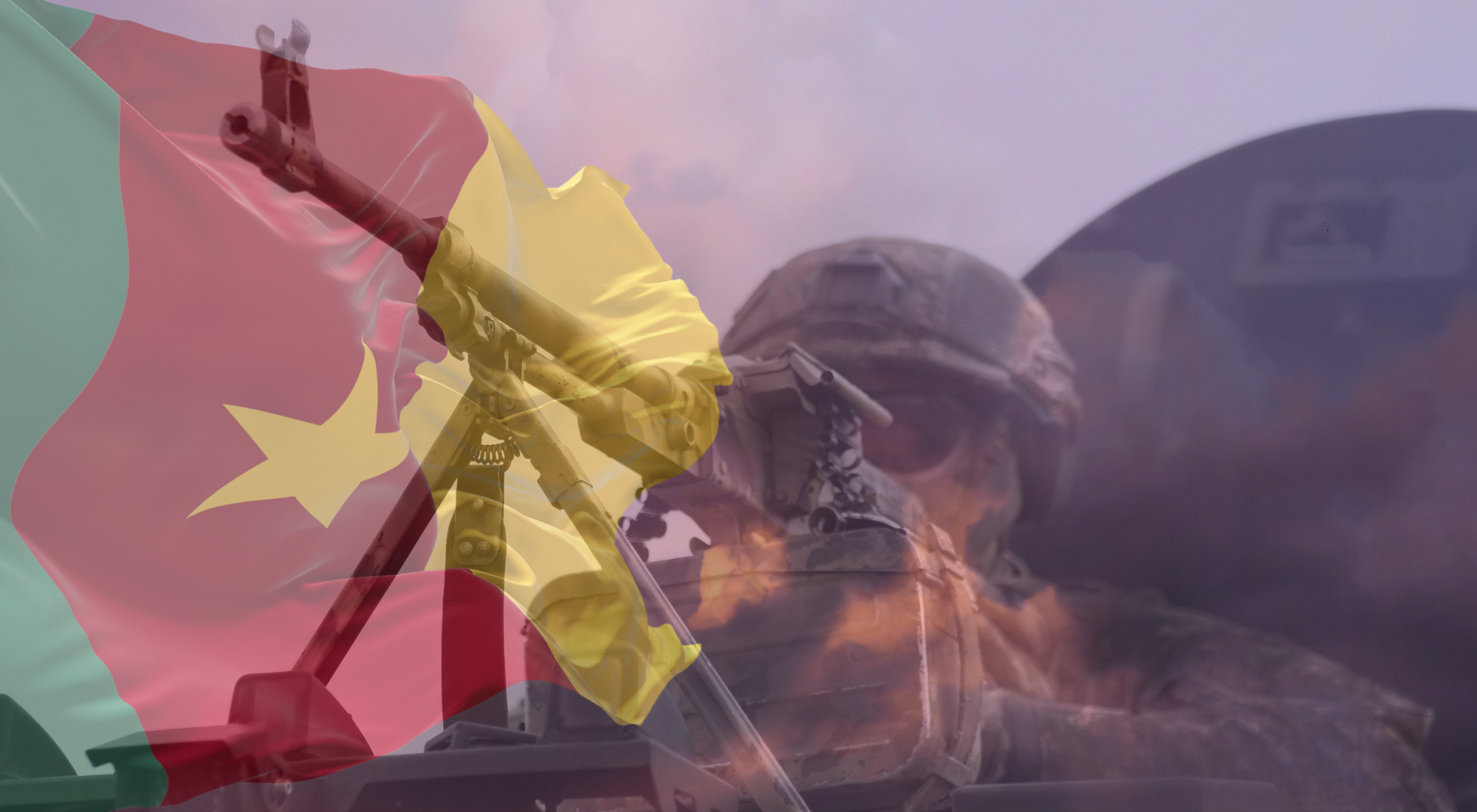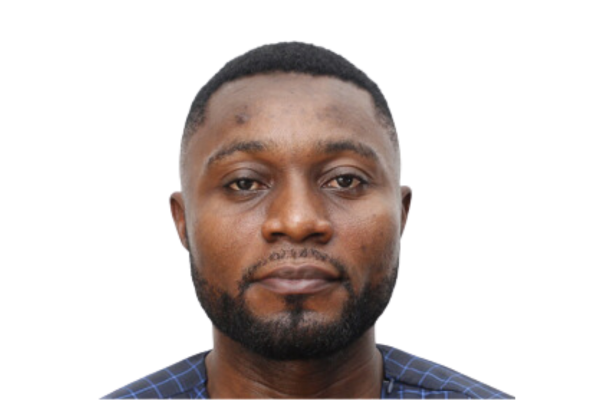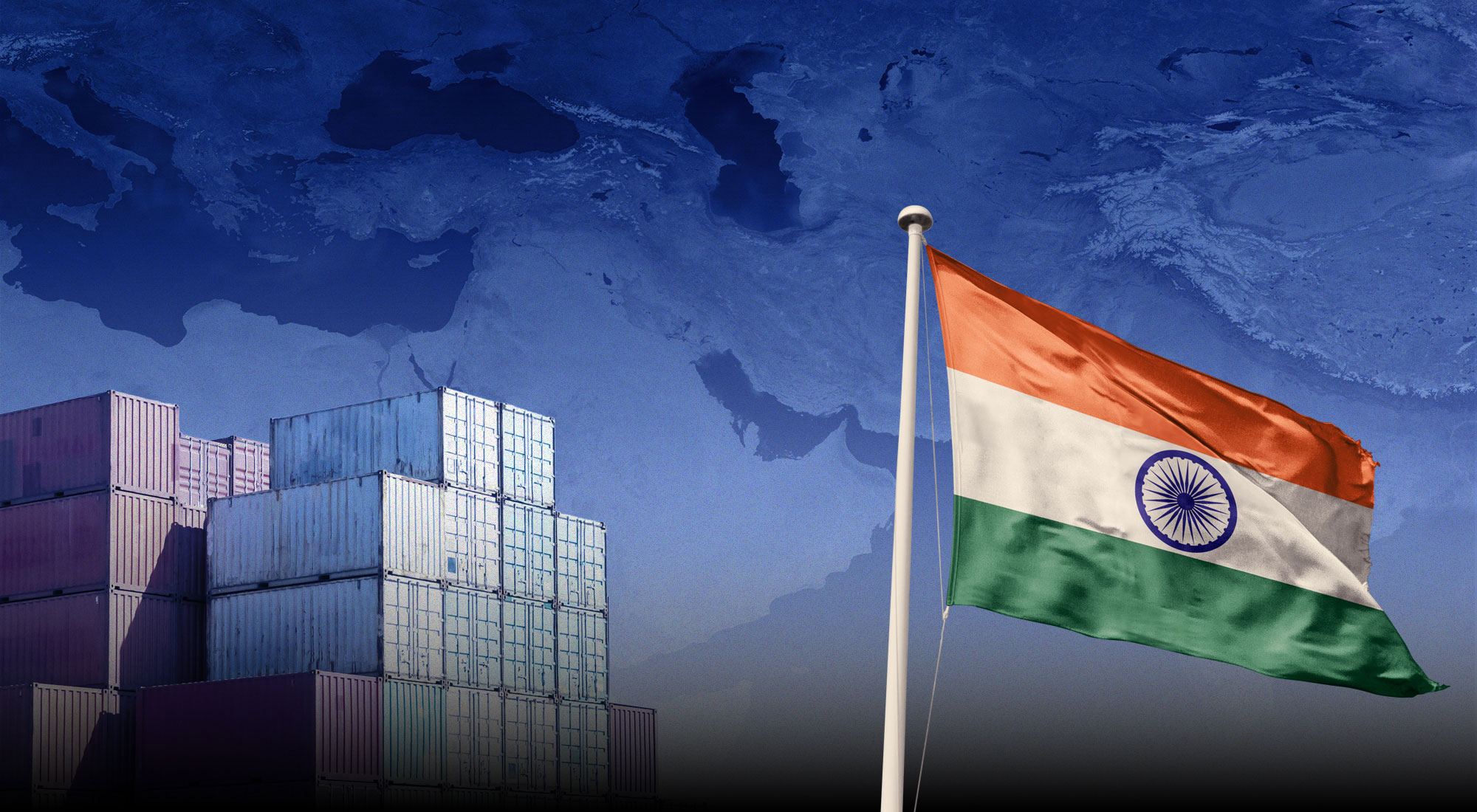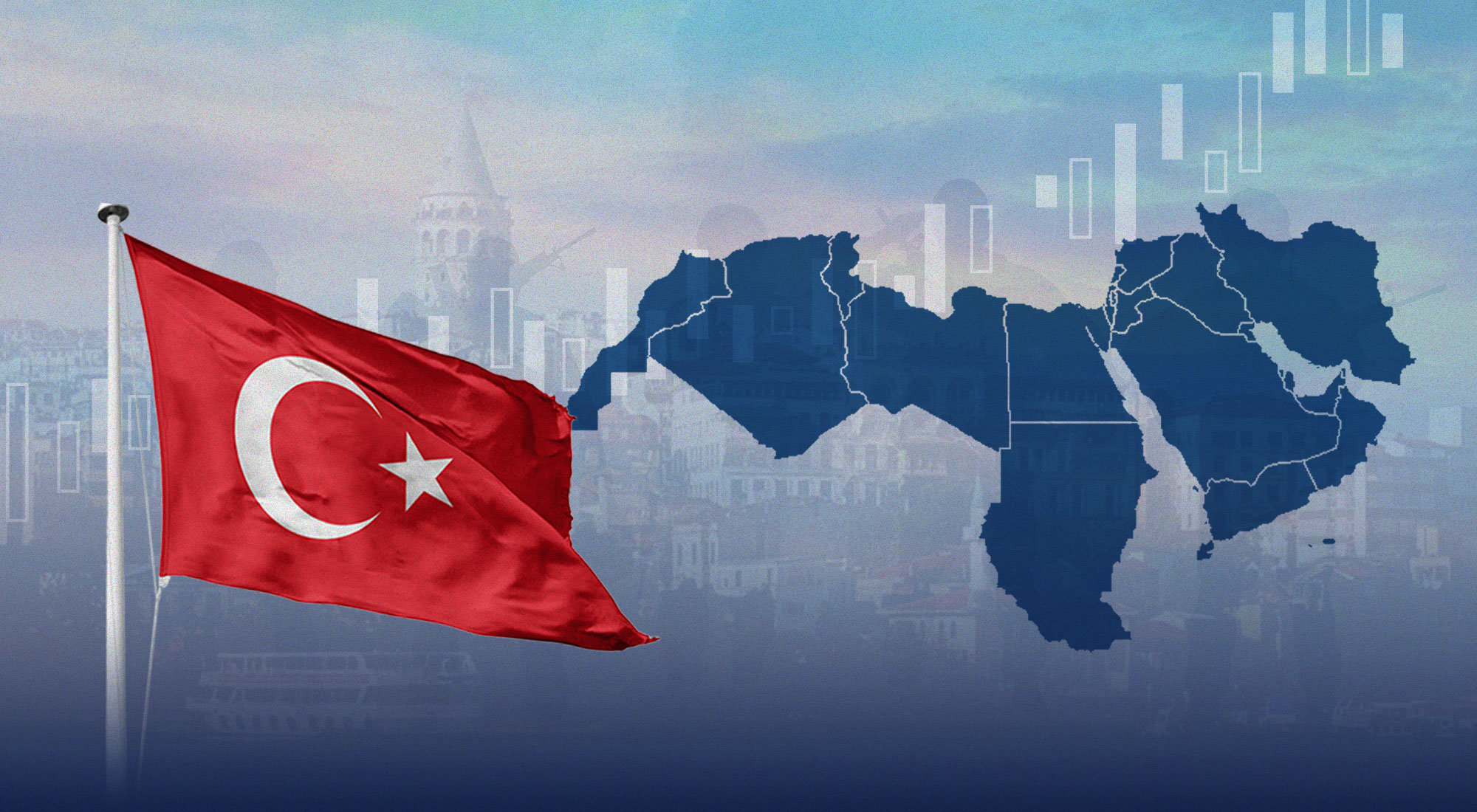Introduction The violent conflict between the Cameroon authorities and the separatists of two English-speaking regions in the country since October 2016 is steadily worsening. These regions, formerly sub-mandates of the League of Nations (SDN) from 1922 and sub-tutelage of the UN from 1945, were administered by Great Britain until 1961.[1] Better known as the “Anglophone Crisis”, this conflict has taken a heavy toll: nearly 7,000 dead, 792,831 internally displaced over 37,500 refugees of which 35,000 are in Nigeria, and 18,665 asylum seekers.[2] This Insight looks at the current status of the ongoing conflict, prospects for its resolution, and potential developments in the near future.
The UN Security Council held a meeting on the humanitarian situation in Cameroon for the first time on May 13, 2019. Despite the United Nations Secretary General’s call for an immediate ceasefire in response to the Covid-19 pandemic[3], the fighting has continued to degrade the social fabric in these regions of North-west and South-West of Cameroon. In order to build an efficient analysis of reality, what follows adopts both a historical and dialectical methodology. First of all, the historical approach builds “a continuity…framework for the phenomena”.[4] to enable a consideration of the dynamics of the failure of international policies in the process of decolonization in Cameroon from a diachronic perspective. This failure is prominent among the causes of the civil war in Cameroon. Secondly, the dialectical method “starts from the very simple observation of the contradictions that surround us”[5] to help structure this reflection. Indeed, what follows is not limited to a simple descriptive presentation of the failure of international policies and the decolonization process in Cameroon. Instead, the intention is to provide a heuristic approach with the aim of producing a ‘dialectic’ analysis to support the advocacy of a viable and sustainable solution to the resolution of an armed conflict that has been largely ignored by the global community.

Map 1. Source: The Nordic Africa Institute. Researcher: Signs of Anglophone crisis were there 20 years ago.[6]

Map 2. Source: Compendium of Language Management in Canada. University of Ottawa [7]
The genesis of the war
The long war between the government of Cameroon and its English-speaking population has been worsening since October 1, 1961, the date of the independence of the Southern, Anglophone Cameroon regions.[8] Violence, destruction, assassinations and terror now pervade the daily lives of the people of Southern Cameroon. Even if at the international level, the Cameroonian government gives all the guarantees to the international community of its capacity to manage this conflict[9], the military option chosen by the authorities seems to be leading to a bogging down of violence. Even if France, China and Russia in the UN Security Council support the idea that the Cameroonian government is able to resolve this conflict without foreign intervention[10], the escalation of violence continues to gain traction and demonstrates the inability of the Cameroonian government to resolve this conflict. This position of some of the permanent member countries of the UN Security Council explains the almost total disinterest of the international community in the conflict which has been raging in the English-speaking regions of Cameroon for the past five years. There is insufficient help from the international community, which worries about the risk of generalization in view of the clashes between separatists, the regular army and every other source of political, social and security tension inside this country. Perhaps there would be external assistance if activists and peace builders around the world knew more about the history of this conflict
The balkanization of a territory by the colonizing powers
The State of Cameroon was “created” under the German protectorate established in 1884, which was the result of the Berlin conference on the partition of Africa.[11] Located in Central Africa in the Gulf of Guinea, Cameroon was one of the largest African settlements at the end of the 19th century with a surface area of almost 750 thousand square kilometers.[12] The city of Buea, located at the foot of Mount Cameroon, was Cameroon’s capital from 1901 to 1909[13], when the volcanic eruption of this mountain forced the German colonial administrators to move the capital to Yaoundé, the current capital. Germany was forced by the League of Nations to renounce its overseas territories at the end of World War One. Thereafter, France administered the eastern part of Cameroon in its eastern part and Britain the western part following the condominium agreed by the two powers on the annexation of the territory in 1916[14]. This situation endured through the Second World War until the French administered part of the country became independent in 1960 followed by the British administered areas in the following year.[15] The new Cameroon federation was admitted to the United Nations on the basis that its national borders, like those of the other African colonies gaining independence during that period, would be those inherited from the original Berlin Conference that partitioned Africa in November 1884.[16]
During the colonial period, France and Britain maintained different systems: local communities were granted certain autonomous powers in British colonies, while the French metropolis practiced the same system of direct rule as in other French colonies.[17] Western Cameroon under British supervision was made up of two entities: Northern Cameroon and Southern Cameroon.[18] Each entity had its representatives that sat in the parliament of Lagos in Nigeria, another British colony sharing a border of nearly 1800 km with West Cameroon. Nigeria became independent on October 1, 1960, but Western Cameroon remained under British administration between two independent States, Nigeria and Eastern Cameroon.[19] Although Nigeria was able to initiate its decolonization process through representations and correspondence addressed to the attention of the General Secretary of the United Nations and the British government[20], West Cameroon lacked such access and influence.
The British administration and the United Nations were willing to bring independence to West Cameroon by attaching it either to Nigeria or to East Cameroon. This approach was contrary to international policies on the independence of African states; in this case, the accession to independence of states according to the borders resulting from the Berlin Conference of November 1884. The United Nations organized a plebiscite on February 11, 1961[21]. The northern zone voted to attach to Nigeria, while the southern zone chose to unify with eastern Cameroon. The plebiscite results began the long process, still unfinished, of finding national unity within the legacy of a two-speed colonial past.
The failure of a facade reunification
Between June and August 1961, conferences in the cities of Bamenda, Foumban and Yaoundé in Cameroon were held to reunify the two states, combine administrative and operational components, and write a constitution. A celebration of the independence and reunification of the country took place on October 1, 1961 in Tiko, a city in Southern Cameroon. This event allowed the authorities of eastern Cameroon to stage an imposing show of military force, effectively occupying the whole of Southern Cameroon.[22]
Initially peaceful coexistence between the two regions quickly deteriorated due to divergent visions and apparent antagonisms between the leaders of the federated states, as well as flagrant bids for hegemony and assimilation on the part of the French-speaking leaders. Some Anglophone leaders urged changes to the constitution. A crisis of confidence has resulted in tensions, exclusionary measures, and a lack of unity and national cohesion.
The state attempted to fix its problems by changing its constitutional structure, becoming first the United Republic of Cameroon in 1972 and then the Republic of Cameroon in 1984[23] on the basis of increased power and prerogatives for the executive. The concentration of power by the leadership corrupted democracy due to infrequent consensual rotation of those at the head of the state. With Cameroon being subject to recurrent economic crises, increased tensions between the Cameroon government and the English-speaking minority grew from the impoverishment of the population, a lack of community autonomy, and separatism [24]
The feeling of exclusion experienced by Anglophones has been further reinforced by the infrastructural underdevelopment in their region and insufficient representation in the administration and in high government positions. For separatists, the specificities linked to their history are not taken into consideration in the institutions of the Republic and in the sub-regional institutions in Central Africa.[25] The strong presence of French-speaking officials within an Anglo-Saxon education and legal sub-system also contribute considerably to discrediting the administration among the population. It is in this deleterious context that the ideology of self-determination, even independence, fostered by leaders scattered throughout the administration, the diaspora and civil society organizations, is increasingly growing.
From the politics of exclusion to separatist aspirations
Following a peaceful demonstration by lawyers and teachers of the Anglo-Saxon subsystem on November 19, 2016 in the English-speaking city of Bamenda, there were mass arrests by the soldiers of the Cameroonian army. Since then, under the leadership of civil society and diaspora actors, there has been a strategic and highly amplified coordination of civil disobedience through social media in locked-down English-speaking regions. These media allow protesters to counter repression and sustain the protesters’ fight against the constraints imposed by the government.
While calling for dialogue, the government also proceeded with targeted arrests and has also cut off internet networks in all English-speaking regions for 94 days.[26] These measures have only led to a deterioration of the situation. Faced with the blockade maintained in all English-speaking cities imposed by the leaders of separatist movement to denunciate the government’s attitude and to maintain the idea of secession, the government made some concessions in the form of recruitment of English-speaking student magistrates and clerks, the special hiring of more than 1500 bilingual teachers, the creation of faculties of medicine and engineering in Anglo-Saxon universities, the creation of a commission in charge of bilingualism and multiculturalism, the reestablishment of the internet, and the release of a numerous protesters in return for the lifting of the blockade imposed by the leaders of civil society in this area. However, on 1 October 2017, the leaders of the protest proclaimed the independence of Southern Cameroon, renamed the Federal Republic of Ambazonia[27]. This was the culmination of the crisis.
The situation remains bad, with continued arrests, armed repression and the emergence of several armed militias called the Ambazonia Defense Forces that have targeted the regular army. This insurgency has been worsened by the emergence of terrorism of Boko Haram since 2013, which has grown in the region of the Far North and compounded the post-electoral crisis of 2018.
The War Bill: An Unsustainable Socio-Economic Toll
The consequences of this civil war have been horrific. More than 1,000 soldiers and more than 6,000 civilians have been killed[28], often with a great deal of cruelty and barbarity. The exodus of refugees has been massive, both inside the country and beyond its borders. According to the United Nations High Commissioner for Refugees, 45,000 Cameroonians have gone into exile in Nigeria; 4/5 of them being women and children whose schooling has been severely compromised.[29] Within the conflict regions, more than 75,000 people have been displaced,[30] with dozens of traditional chiefs, business leaders, senior officials and administrative clerks being abducted and massacred. In short, about 737,000 Cameroonians have been forced to flee their homes[31], including 439,000 people in the South West and 298,000 people in the North West[32], often due to villages being targeted, burnt and looted.
A detailed study by the ‘‘Groupement Inter-patronal du Cameroun’’[33] (GICAM) of 13 September 2018 reveals the economic damage: a loss of earnings amounting to 269 billion CFA francs; an immediate loss of 6 billion CFA francs in tax revenue for the State in terms of the advance payments of corporate tax; and job losses in the formal sector of agro-industrial companies estimated at 8,000 jobs in addition to the 6,400 jobs lost on agro-industrial work sites due to the civil war. For example, the CDC (Cameroon Development Corporation, the country’s second largest employer after the State), now has only 3 functional sites out of a total of 20. Other indicators show the sharp deterioration of the country’s financial situation: a significant drop in export earnings, estimated at 20%, as 45% of Cameroon’s cocoa originates from the South-West and 75% of its Arabica coffee from the North-West. As a result, the unemployment rate in agriculture is up by 23% and the overall economic performance of the country in 2020 indicated by a contraction of -1.5% over the course of the year.[34]
In Search of a Lasting Solution of Peace
In the face of this deepening disaster, technical and operational solutions do exist. These solutions can be broken down into three main objectives: the immediate establishment of a ceasefire; the immediate release of all prisoners detained due to the crisis in the Anglophone area; and the opening of an inclusive political dialogue involving all actors to discuss the full range of issues, including the State’s composition and consensual reforms of the electoral system to establish a legitimate national government.[35] Indeed, there is a need for dialogue with all Cameroonians without exception, including those who, for the moment, defend the thesis of secession. There is an urgent need to ensure the rotation of power through legitimate and transparent processes as the ultimate solution for lasting peace in Cameroon.
In addition to federalism and the devolution of power, the orderly renewal of the executive could help the country to recover from the ongoing war.[36] The danger is that without political evolution, the existing governance of Cameroon is doomed to suffocation and death given that the Yaoundé regime has been static since 1982[37]. The regime has not been able to renew itself despite the various economic, political and even philosophical transitions that have occurred in the past. Such a regime risks its own downfall and may drag the whole nation down with it. Human history reveals that, by the sheer force of the evolutionary nature of the spirit of the age, empires, kingdoms and republics whose principle of governance is linearly static have not been able to withstand the various revolutionary mass uprisings that have demanded nothing more than freedoms and respect for human dignity.
Conclusion
Insecurity in Cameroon is unfortunately not limited to the Northwest and Southwest regions. It also continues to plague the northern regions where local people are suffering from the endemic assaults of the Boko Haram sect. The ongoing crises in these areas have had disastrous human, economic and social consequences. The routine of desolation and insecurity is taking hold in general indifference towards the prospect of transformative political and security solutions. In addition to civil war and terrorism, Cameroon also faces a substantial influx of refugees, with more than 370,000 present in 2020 after fleeing crises in neighboring countries according to the United Nations High Commissioner for Refugees.
This armed conflict, which has an international dimension, must be resolved at the international level[38]. The involvement of international actors[39] such as Germany, France, the United Kingdom, the UN, which are historical actors in the conquest, colonization and decolonization of Cameroon and today have become the main economic, strategic and diplomatic partners of the country; and the African Union for its good offices of Peace and Security Commission in the resolution of conflicts in Africa, who are in the search for lasting peaceful solutions is urgent, given that they are, in one way or another, are involved in the current conflict’s stalemate.
References:
[1] Becker, Jean-Jacques. 2002. La signature du traité de Versailles. Dans Le traité de Versailles. https://www.cairn.info/le-traite-de-versailles–9782130529668-page-101.htm#:~:text=La%20signature%20du%20trait%C3%A9%20fut,inflig%C3%A9e%20alors%20%C3%A0%20la%20France.
[2] Operational Data Portal Refugees Situation. https://data2.unhcr.org/en/country/cmr
[3] Guterres, Antonio. 2020. “Global Ceasefire.” https://www.un.org/en/globalceasefire
[4] GRAWITZ, Madeleine. 2001. Méthodes des sciences sociales, Paris, Dalloz.
[5] Ibid
[6] The Nordic Africa Institute. Researcher: Signs of Anglophone crisis were there 20 years ago https://www.google.com/search?q=Map+of+anglophone+regions+in+Cameroon+&tbm=isch&ved=2ahUKEwjF_LrXlbjyAhVt1eAKHSdAD68Q2cCegQIABAA&oq=Map+of+anglophone+regions+in+Cameroon+&gs_lcp=CgNpbWcQAzoECCMQJzoHCCMQ6gIQJzoICAAQgAQQsQM6BQgAEIAEOgUIABCxAzoLCAAQgAQQsQMQgwE6BAgAEEM6BAgAEBhQ0itY0cYBYIrOAWgBcAB4BoABzgWIAcx5kgEMMi0yNi44LjAuNy4ymAEAoAEBqgELZ3dzLXdpei1pbWewAQrAAQE&sclient=img&ei=h7obYYWdAe2qgwengL34Cg&bih=538&biw=1010#imgrc=wZ_IgDdzfeBCjM
[7] Compendium of Language Management in Canada. University of Ottawa https://www.google.com/search?q=Map+of+anglophone+regions+in+Cameroon+&tbm=isch&ved=2ahUKEwjF_LrXlbjyAhVt1eAKHSdAD68Q2-cCegQIABAA&oq=Map+of+anglophone+regions+in+Cameroon+&gs_lcp=CgNpbWcQAzoECCMQJzoHCCMQ6gIQJzoICAAQgAQQsQM6BQgAEIAEOgUIABCxAzoLCAAQgAQQsQMQgwE6BAgAEEM6BAgAEBhQ0itY0cYBYIrOAWgBcAB4BoABzgWIAcx5kgEMMi0yNi44LjAuNy4ymAEAoAEBqgELZ3dzLXdpei1pbWewAQrAAQE&sclient=img&ei=h7obYYWdAe2qgwengL34Cg&bih=538&biw=1010#imgrc=fZzjAd4S11eW2M
[8] DeLancey, Mark W. and Benneh, George. 2021. “Cameroon”. Encyclopedia Britannica, 10 Mar. 2021, https://www.britannica.com/place/Cameroon. Accessed 13 July 2021
[9] Tommo, Monthe. Déclaration Ambassadeur, représentant permanent du Cameroun à l’Onu. Réunion en formule Arria sur la situation sécuritaire au Cameroun. 13 mai 2019. https://actucameroun.com/2019/05/14/cameroun-voici-le-discours-protestataire-de-lambassadeur-camerounais-devant-le-conseil-de-securite-de-lonu/
[10] Bensimon, Cyril. La crise anglophone au Cameroun devant le Conseil de Sécurité. lemonde.fr, 13 mai 2019, https://www.lemonde.fr/afrique/article/2019/05/13/la-crise-anglophone-au-cameroun-devant-le-conseil-de-securite_5461467_3212.html
[11] DeLancey, Mark W. and Benneh, George. 2021. “Cameroon”. Encyclopedia Britannica, 10 Mar. 2021, https://www.britannica.com/place/Cameroon. Accessed 13 July 2021
[12] Djounguep, Hippolyte Eric et Nga Kalla, Gertrude. 2020. Crise anglophone au Cameroun. Guerre sauvage ? Generis Publishing.
[13]DeLancey, Mark W. and Benneh, George. 2021. “Cameroon”. Encyclopedia Britannica, 10 Mar. 2021, https://www.britannica.com/place/Cameroon. Accessed 13 July 2021
[14] Becker, Jean-Jacques. 2002. La signature du traité de Versailles. Dans Le traité de Versailles. https://www.cairn.info/le-traite-de-versailles–9782130529668-page-101.htm#:~:text=La%20signature%20du%20trait%C3%A9%20fut,inflig%C3%A9e%20alors%20%C3%A0%20la%20France.
[15]DeLancey, Mark W. and Benneh, George. 2021. “Cameroon”. Encyclopedia Britannica, 10 Mar. 2021, https://www.britannica.com/place/Cameroon. Accessed 13 July 2021
[16] Résolution 1514 (XV) de la quinzième assemblée générale des nations unies. Déclaration sur l’octroi de l’indépendance aux pays et aux peuples coloniaux. https://www.undocs.org/fr/a/res/1514(XV)
[17] Ibid
[18] DeLancey, Mark W. and Benneh, George. 2021. “Cameroon”. Encyclopedia Britannica, 10 Mar. 2021, https://www.britannica.com/place/Cameroon. Accessed 13 July 2021
[19] Ibid
[20] Ajayi, J.F. Ade, Falola, Toyin O., Kirk-Greene, Anthony Hamilton Millard and Udo, Reuben Kenrick. 2020. “Nigeria”. Encyclopedia Britannica, 8 Dec. 2020, https://www.britannica.com/place/Nigeria. Accessed 13 July 2021
[21] Merle, Marcel. 1961. Les plébiscites organisés par les Nations Unies. In: Annuaire français de droit international, volume7.DOI: https://doi.org/10.3406/afdi.1961.1100.www.persee.fr/doc/afdi_00663085_1961_num_7_1_1100
[22] Djounguep, Hippolyte Eric et Nga Kalla, Gertrude. 2020. Cameroun – Crise anglophone. Essai d’analyse post colonial. European University Press
[23] Ibid
[24] Tagou, Celestin. 2019. Démocratie rotative et élections présidentielles en Afrique. Paris. L’Harmattan.
[25] BLOM, Amélie et CHARILLON, Frédéric. 2001. Théories et concepts des relations internationales, Paris, Hachette
[26] Gras, Romain. 2018. Cameroun : une plainte déposée contre l’État pour dénoncer les coupures Internet en zone anglophone. https://www.jeuneafrique.com/525431/societe/cameroun-une-plainte-deposee-contre-letat-pour-denoncer-les-coupures-internet-en-zones-anglophones.
[27] Djounguep, Hippolyte Eric et Nga Kalla, Gertrude. 2020. Cameroun – Crise anglophone. Essai d’analyse post colonial. European University Press
[28] Djounguep, Hippolyte Eric et Nga Kalla, Gertrude. 2020. Crise anglophone au Cameroun. Guerre sauvage ? Generis Publishing
[29] Operational Data Portal Refugees Situation. https://data2.unhcr.org/en/country/cmr
[30] Djounguep, Hippolyte Eric et Nga Kalla, Gertrude. 2020. Crise anglophone au Cameroun. Guerre sauvage ? Generis Publishing
[31] Ibid
[32] Djounguep, Hippolyte Eric et Nga Kalla, Gertrude. 2020. Crise anglophone au Cameroun. Guerre sauvage ? Generis Publishing
[33] Confederation of business organization in Cameroon
[34] Djounguep, Hippolyte Eric. 2021. ‘‘L’alternance démocratique, ultime solution pour une paix durable au Cameroun’’.https://www.africapresse.paris/Hippolyte-Eric-Djounguep-L-alternance-democratique-ultime-solution-pour-une
[35] ARON, Raymond. 2004. Paix et guerre entre les nations, Paris, Calmann-Lévy
[36] Tagou, Celestin. 2019. Démocratie rotative et élections présidentielles en Afrique. Paris. L’Harmattan
[37] Djounguep, Hippolyte Eric et Nga Kalla, Gertrude. 2019. Cameroun – Crise anglophone. Essai d’analyse post colonial. European University Press
[38] SADA, Hugo. 2008/3. « Un dispositif en faveur de la gestion et de la prévention des conflits en plein développement ». Revue internationale et stratégique. n°71.
[39] KHROUZ, Driss. 2008/3. « La diversité culturelle est un dialogue », Revue internationale et stratégique. n°71








